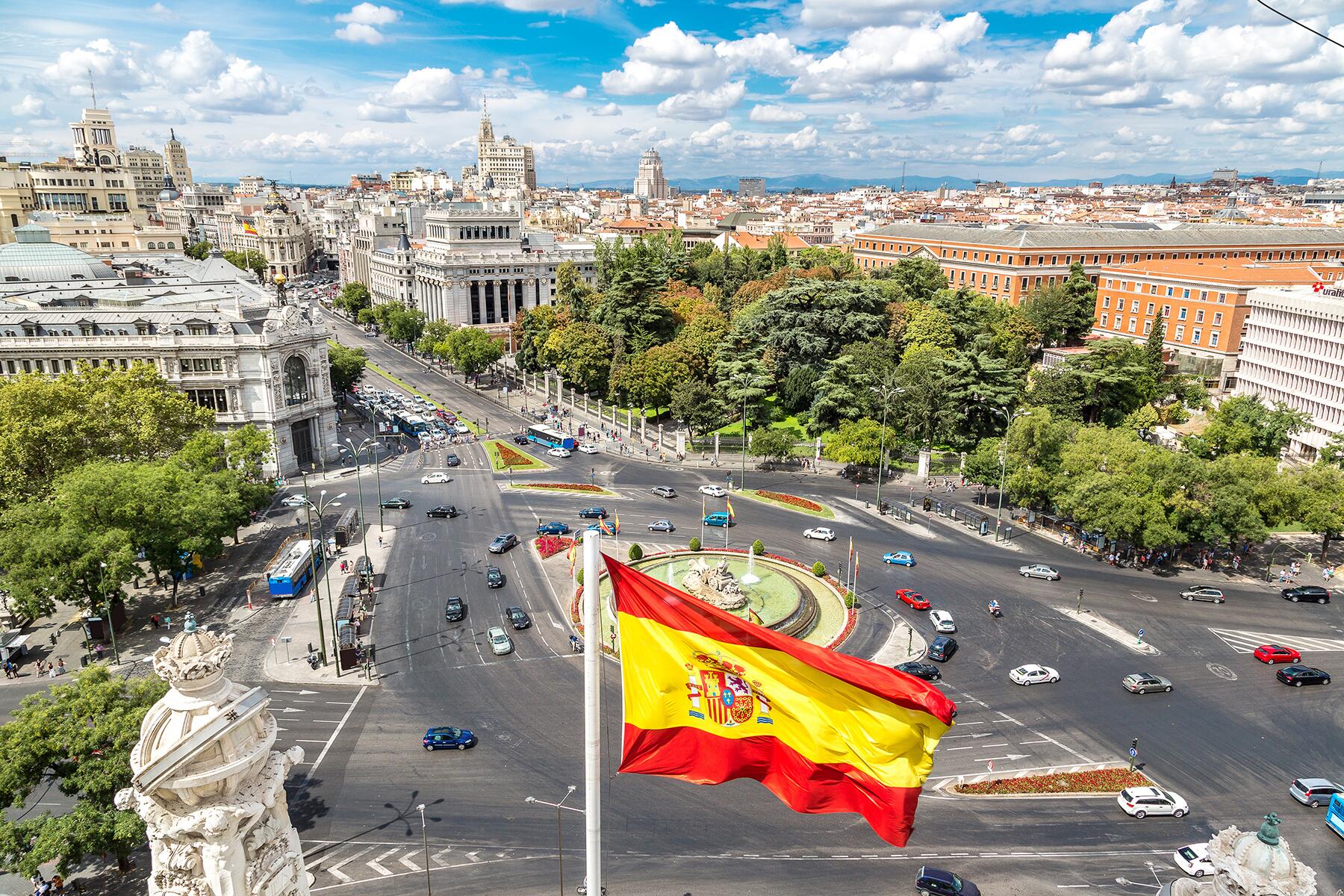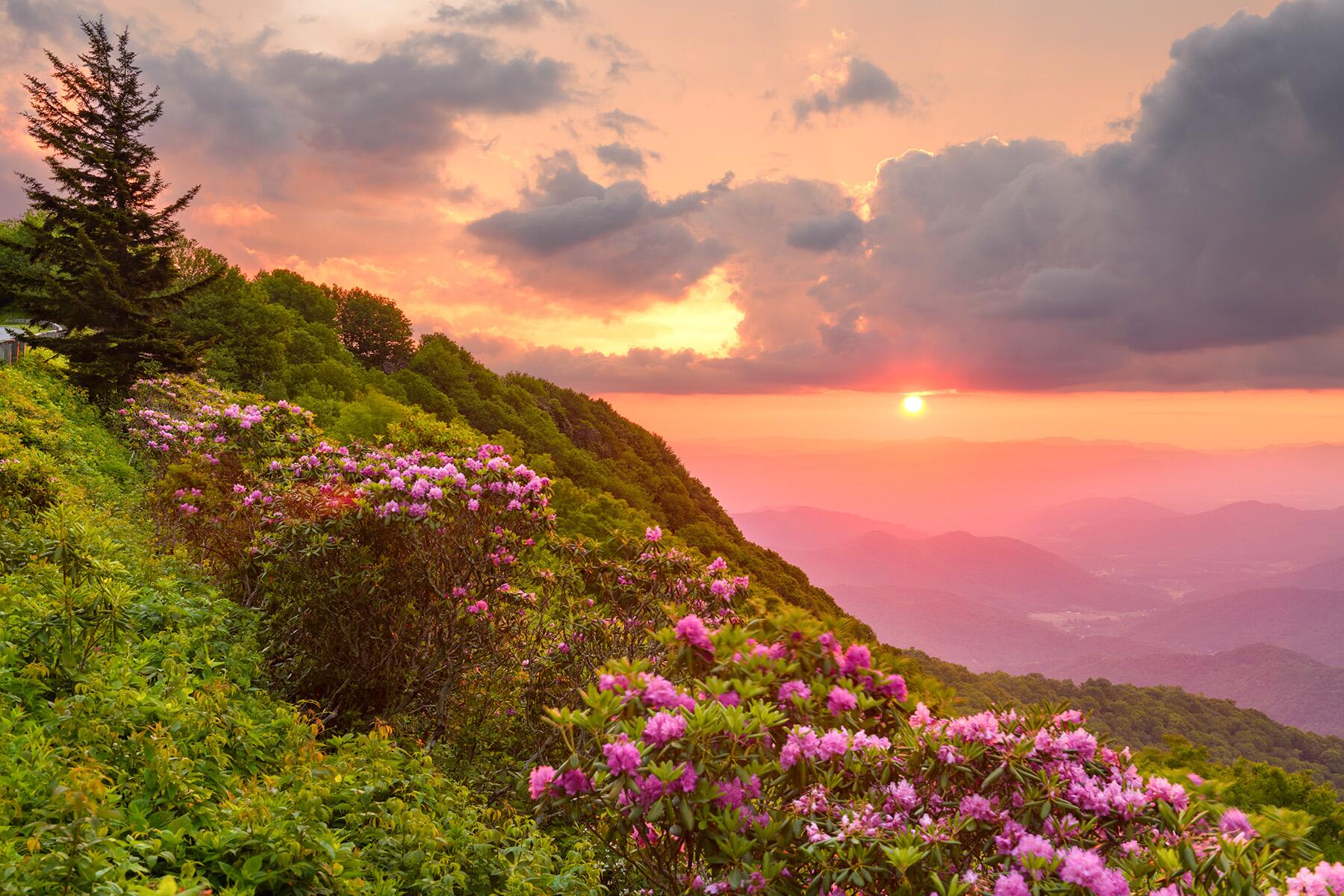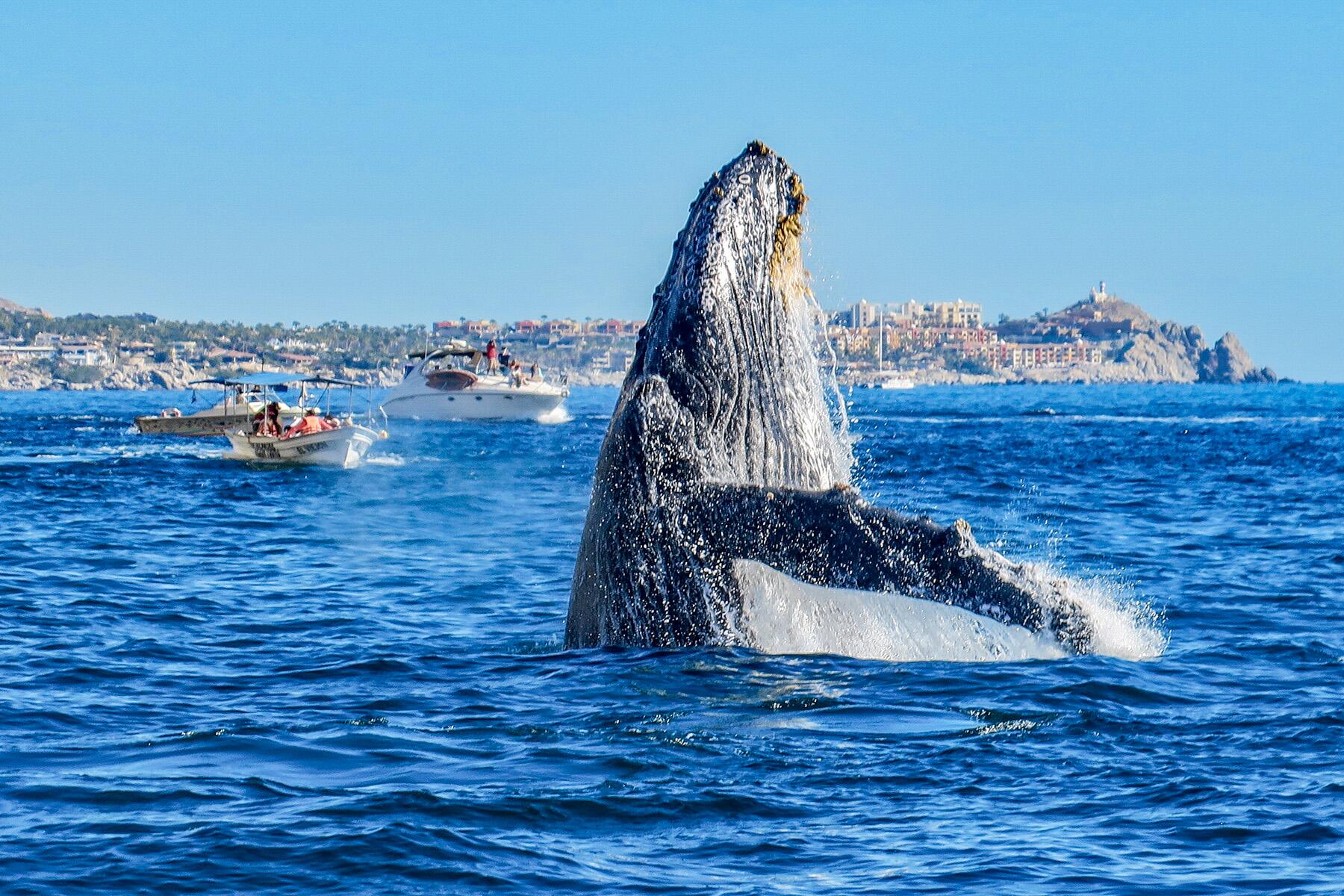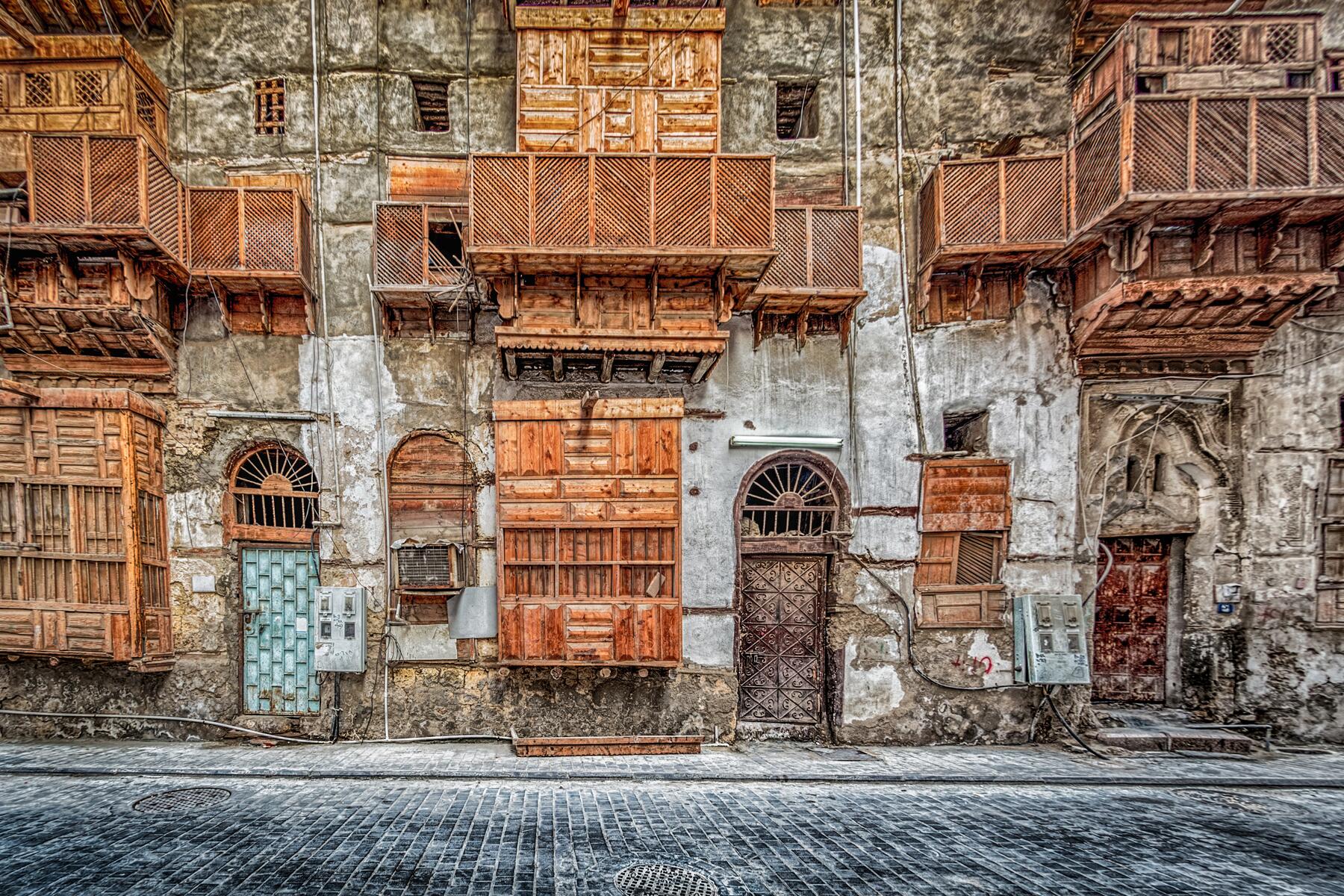Is it easy? Is it cheap? And, above all, is it ethical? We answer your questions.
Recently, I went to Saudi Arabia and attended the lavish party to launch their new e-visa program for tourists, and then I had the opportunity to travel around the country for a few days with a group of other journalists to see some of the sights. In terms of the Kingdom’s tourist potential, I came away impressed. The country is a varied, surprisingly beautiful place that has a lot to offer, particularly for those seeking out a passport stamp that few of their friends and family will have. That part was easy for me. But we all know that Saudi Arabia is a complicated place, so the more difficult question to answer is should you go at all?
What Is the New E-Visa Program That Saudi Arabia Is Introducing?
The Kingdom of Saudi Arabia (often abbreviated KSA) is opening its doors for the first time to tourists from 49 countries (including the U.S., the UK, Ireland, Canada, Australia, New Zealand, and 43 other countries), who will be able to apply for an e-visa in advance or get one on arrival from a kiosk with little or no planning. However, visas are not going to be free; they will cost 440 Saudi riyals [about US$117], though they will be good for a year and allow multiple entries for up to 90 days. Once you’re in the country, you’ll have free reign to travel wherever you wish except for Mecca and Medina (which are still off-limits to non-Muslims). In practice, that’s not so easy because it’s hard to get by without some Arabic, so the vast majority of people will still need a guided tour or at least a local guide, not to mention that tour groups may book large blocks of hotel rooms in advance. This is not a trip you can take casually.
Recommended Fodor’s Video
What Else Is Happening?
The plan is for 100 million tourists a year by 2030, counting both foreign and domestic visitors. That’s a wildly ambitious number. As a point of comparison, Egypt has never had more than 15 million tourists in any given year, the U.S. has never broken 80 million, and Spain has never cracked 83 million. Saudi Arabia itself has a population of only 35 million. Nor does Saudi Arabia have the infrastructure yet to handle mass tourism. The whole project entails building multiple airports, vast numbers of hotels and resorts, and even entire cities, plus all the businesses and infrastructure needed to support them. The Kingdom already has commitments for billions of dollars of investments from major hotel companies and tour operators with plans to break ground on some projects as soon as January 2020. This is all part of the Vision 2030 project from Crown Prince Mohammad bin Salman Al Saud (also known as MBS).

But Is It Safe?
Serious crime is almost unheard of in Saudi Arabia, but it does happen. Three days after I arrived, one of King Salman’s personal bodyguards, a Saudi general, was shot and killed in Jeddah after an argument with a friend. But no one I spoke to during my trip (nor anyone I know who has ever been to Saudi Arabia) can recount even a single instance of petty theft. Indeed, you can leave your laptop or wallet sitting on a table in a busy hotel lobby and come back an hour later to find it exactly as you left it. You can also walk freely (and safely) at any hour of the day or night—not that anyone does much walking in Saudi Arabia. Now, there are other issues to contend with. Saudi Arabia is currently at war with Yemen, and drones (purportedly from Yemen) bombed the airport in the southern city of Abha in both June and July 2019, as well as a Saudi oil installation in mid-September. But those troubles are far from most of the regions tourists are likely to visit.
Don’t They Hate Americans There?
Let me preface this by saying that I’ve got a strong tolerance for risk but no tolerance at all for actual danger, so I’d never visit a country where I didn’t feel I’d come out on the other side. When I was getting ready for this trip, not a few of my friends and family asked me why on earth I wanted to go to that place. Some of my colleagues asked the same thing. Wasn’t I worried? I have to admit that I gave the trip more than a second thought, especially after the oil refinery bombing on September 14. But the truth is that now that I’ve been to the Middle East—to Qatar in 2018 and to Egypt earlier this year—I never really considered not going. Arabs are uncommonly hospitable people, and Saudis proved to be no different than the Arabs I’ve met in other places. Many Saudis (especially those who are educated or work in the tourism industry) have lived or studied abroad (sometimes in the United States), and the people I met—who included executives and government officials but also guides, drivers, waiters, police officers, and hotel workers—were all happy, even eager, to see us and completely welcoming. I know there are people in the Middle East who don’t share those welcoming views, but I didn’t come across them. If anything, there’s an intense interest in the U.S. since it’s a place many people aspire to visit or immigrate to.

Are There Any Restrictions on Tourists?
Yes, there are some things to keep in mind. First, you are expected to dress modestly and avoid all public displays of affection (even married couples don’t usually hold hands in public here). For women, this specifically means wearing an abaya (a full-body covering worn over their clothing). Though officially, foreign women are not required to wear one, it’s not a bad idea just because almost everyone does, and it also helps protect you from the sun. No women are required to wear a hijab (any of several forms of head coverings), though many do. Men can usually just get by with long-sleeve shirts (which will be welcome in the sun) and long pants, though I saw foreigners wearing shorts without any negative comments from locals. There’s no problem with men and women sitting, walking, and talking together, and the days of having separate “male” and “family” sections of restaurants and cafes are over. There’s also absolutely no alcohol allowed, nor are you allowed to come into the country with a Bible, pornography, or some prescription drugs (though I breezed through customs as quickly as I have in any other country without being stopped). Your bags will be x-rayed before you enter the customs hall (I’m assuming they are looking primarily for alcohol). I wish they had no-smoking sections, but alas that just isn’t to be.
Let’s be clear about one thing. While Saudi Arabia is making progress, it’s not exactly progressive. The internet doesn’t seem to be blocked to the extent that it is in China. Although I’d read that internet traffic was heavily filtered, I couldn’t find a single app on my phone or website that was blocked by Saudi authorities. (I wonder if I might have had a different experience trying to access sites at places other than big international hotels or while using a phone with a local SIM.) Women can (and do) drive now, but women’s rights activists are still in prison. Women over 21 must no longer have a male “guardian” (from whom they must have permission to travel or get a job), but they still can’t confer citizenship to their own children. A young, gay Saudi social media influencer was arrested recently for indecency after posting a shirtless selfie. LGBT travelers will need to step back in the closet briefly if they visit, though for most of us, that’s a sad but not unusual occurrence. Yet there are private beaches where men can wear Speedos and women (though probably only foreign women) can wear bikinis, but they aren’t open to locals. A man and woman cannot share a hotel room unless they are married. Unfortunately, I’m reasonably confident in saying that while minor misjudgments by tourists may be overlooked, major ones probably won’t be. Speech in Saudi Arabia is definitely not free, nor is the press, and not a few Saudi citizens have been imprisoned (or worse) for speaking out. Social-justice blogger Raif Badawi has been in prison for seven years for “insulting Islam”; his wife fled to Canada along with their children. Washington Post journalist Jamal Kashoggi was murdered at the Kingdom’s consulate in Istanbul. However, as journalists, none of us were told what we could and could not write, and we had no restrictions placed on our movement nor limitations placed on our ability to speak to Saudis.
How Are Women Treated?
I was with a group made up of mostly women, and we had no significant issues, even when we stopped in small towns in the middle of nowhere, though the women I traveled with faced consistent annoyances. Finding clean restrooms was particularly difficult (and I suspect much more difficult for them than for me). The only clean restrooms were mostly in museums, though I used the men’s facilities in a couple of mosques. But I’ve never felt my male privilege more acutely as I did in Saudi Arabia. Regardless of where we went, when I walked into the lobby or the store or asked for something, everyone turned and paid attention to me whether it was my turn or not. It became a running joke with the group, but it was not always a comfortable feeling. Most of the women wore their abayas throughout the trip, though they were consistently told they were optional; only one woman consistently covered her hair, and she’s an Arab born in Dubai, so it was more of a cultural imperative for her than for the Western women on the trip. There was spirited discussion about how women are treated in Saudi Arabia (particularly regarding inconsistent access to hotel fitness facilities), but I never saw any of the women I was traveling with treated badly.

What Does It Cost?
Right now, while you’ll find lavish, five-star hotels in most major destinations, there are not nearly enough hotel rooms to accommodate a huge crush of visitors. And international-standard hotels are pretty expensive. Expect to pay U.S.-style prices for your comfort. Ditto for food and drinks. Meals aren’t cheap, especially in upscale restaurants (though there are local places that are significantly cheaper), and a tall coffee at Starbucks is about the same price as back home. The same applies to car rentals and guides. Gas prices are lower, at around $2 per gallon, but still not dirt cheap. And many of the sights are free. Regardless, you can expect most tours to be fairly expensive affairs, though airfare to Saudi Arabia is generally reasonably priced, especially if you fly on Saudia, which compares quite favorably (especially in coach) to other Middle Eastern airlines like Emirates and Etihad.
INSIDER TIPAvoid flying in or out of King Abdulaziz International Airport in Jeddah if you can. Although it’s being redeveloped, the international terminal is one of the worst I’ve experienced (the domestic terminal, on the other hand, is modern and beautiful). King Khalid International Airport in Riyadh is much more comfortable and accommodating.
When Should You Go?
You may wish to avoid the Hajj (the time of pilgrimage to Mecca, which only lasts a week) and Ramadan (which is a full month and requires Muslims to fast from sunrise to sunset), but the timing of both changes from year to year. Of more ongoing concern is the weather. Saudi Arabia is often extraordinarily hot. The average temperature in Riyadh is over 100°F from May through September and is still in the 90s in both April and October. Jeddah is similarly hot but also humid and, therefore, even more miserable. It’s slightly cooler in Al Ula and Tabuk, which are further north (the mountains in Tabuk province even see a bit of snow in the winter). All this makes daytime activities next to impossible for nearly half the year. Tourists may likely wish to retreat to their hotels or travel during the heat of the day and do touring only in the morning and late afternoon and evening.
Is There Anything Worthwhile to See?
The sights are amazing. A few of the highlights that I visited include the so-called Edge of the World (a towering cliff about 2 hours outside Riyadh, best seen at sunrise); Ad-Dir’iyah, the ancestral home of the Saudi royal family on the outskirts of Riyadh (its Al-Turaif District is a UNESCO World Heritage Site); Mada’in Saleh (also known as Hegra, a UNESCO World Heritage Site) in Al Ula, the second capital of the Nabatean Kingdom after its more famous cousin, Petra; the famous landmark Elephant Rock, also in Al Ula; the Tayeb Al-Ism, a narrow canyon near the town of Maqna that is also called the “Valley of Moses”; gorgeous Red Sea beaches, including the wreck of the Georgios G near Haql; and Al-Balad, the old city of Jeddah (a UNESCO World Heritage Site). The Kingdom’s two other UNESCO World Heritage Sites, which I didn’t visit, are Al Ahsa, the largest oasis in the world, and the petroglyphs in the Ha’il Region of northwest Saudi Arabia. If you dive, the reefs along the Red Sea Coast are magnificent and the water pristine (though there are very few places to stay and almost no dive operators to help you).
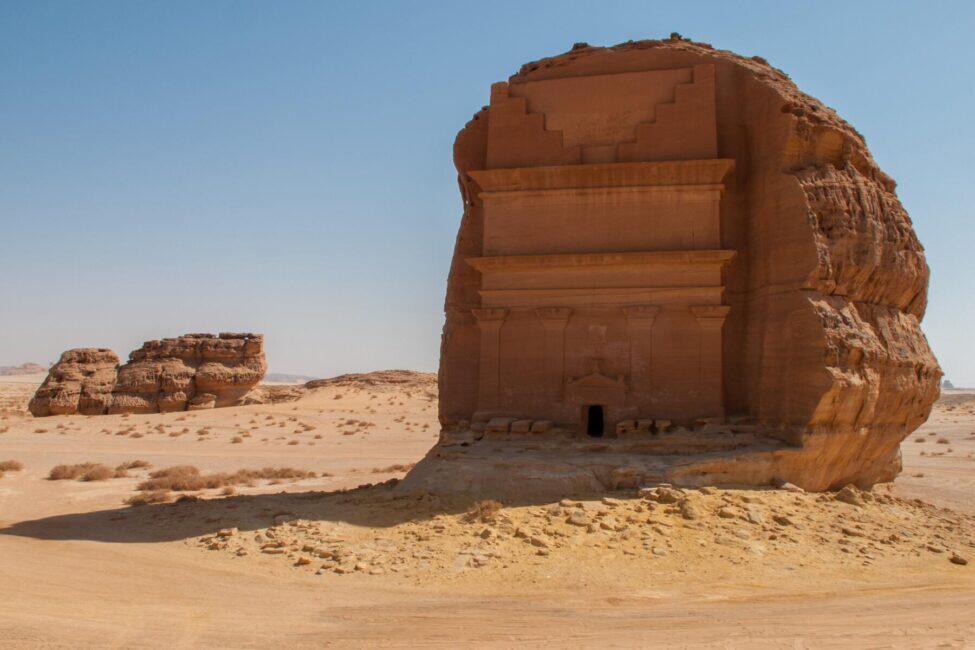
But Isn’t It Unethical to Support an Oppressive Regime Like Saudi Arabia’s?
In addition to journalists, there were several social media influencers visiting Saudi Arabia both shortly before and during the period when I traveled there. They have been criticized for supporting tourism to Saudi Arabia. Some of the journalists I traveled with, who have many more social media followers than I do, also got a load of negative comments during the trip. Is this criticism justified? Is it ever unethical to visit a country with an oppressive government or write about tourism there? The New York Times asked several travel writers this very question in May 2019; they all basically said no (with some caveats), that the benefits of travel outweigh the detriments. Some said they would not visit Apartheid-era South Africa or Myanmar; no one mentioned Saudi Arabia at the time (perhaps because Saudi Arabia wasn’t open to tourists in May). Would their answer be different today? I really doubt it. You have to travel these days with your eyes open, but that doesn’t mean you shouldn’t go places, even places where you don’t agree with the government. I had a wonderful time in Egypt earlier this year; if I had the chance, I’d go to Cuba; there are some serious human rights questions about Kenya, but I admit that I long to go there. On the other hand, I wouldn’t feel safe going to either Chechnya or North Korea. These questions are very personal ones, and you really do need to ask yourself where you stand. That part I agree with. But for me, the chance to positively interact with a country and its people generally outweighs the downside, at least if I keep my eyes open.
What’s the Verdict?
If you are the type of traveler who is concerned that your tourist dollars do not support problematic governments and their policies, Saudi Arabia may not be the place for you. The Saudi people, on the other hand, are great and the sights amazing, so if you skip a visit to this breathtaking country, you’ll miss that experience. (Imagine traveling to Petra and being one of a dozen people in the entire site.) You’ll also miss the opportunity to spread the goodwill that tourism can bring to a country that is opening its doors to the world for the first time.
On the fence? It’s understandable, but remember what I said about positive interactions while you consider my last encounter in the country, which sealed the deal for me. When I was in the Jeddah airport, I was chatting with a young man in the check-out line at the duty-free store. He was on his way to Cairo for a job, his first trip anywhere outside the country. He showed me his passport, which hadn’t a stamp in it. He asked me where I was from, and when I told him I was from New York City, he was so excited to meet an actual American (his first) that he insisted on paying for my purchase. I can’t guarantee that you’ll have such a serendipitous encounter, but I can say that most of the people I met were equally enthusiastic about showing their country to the world and just as hospitable to us. I’m looking forward to coming back in a few years when some of these big projects may be online to see how things are going.
